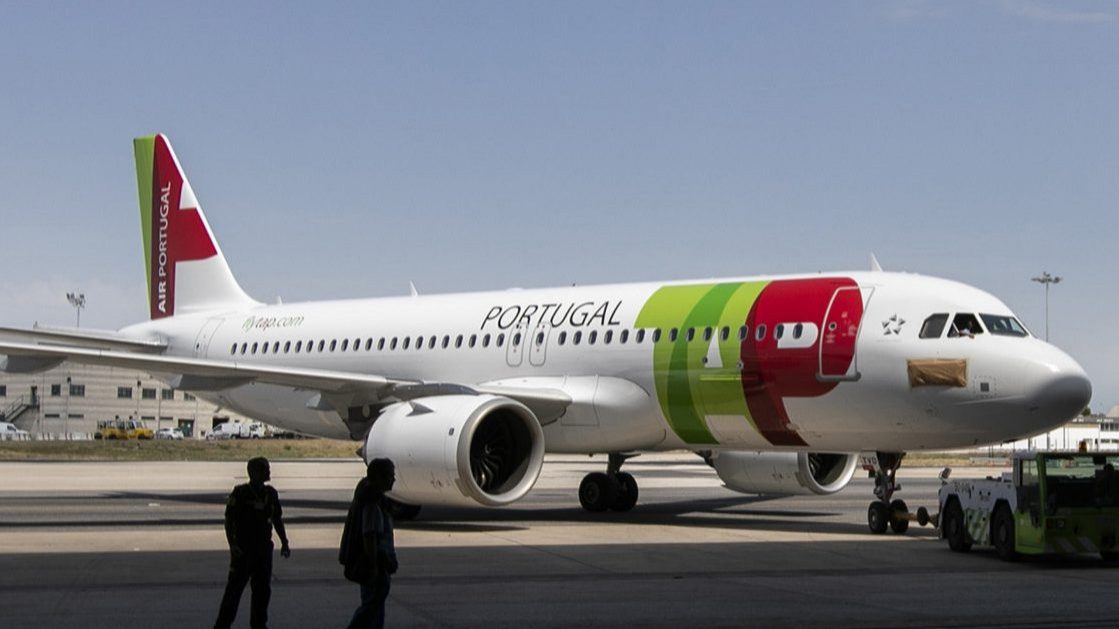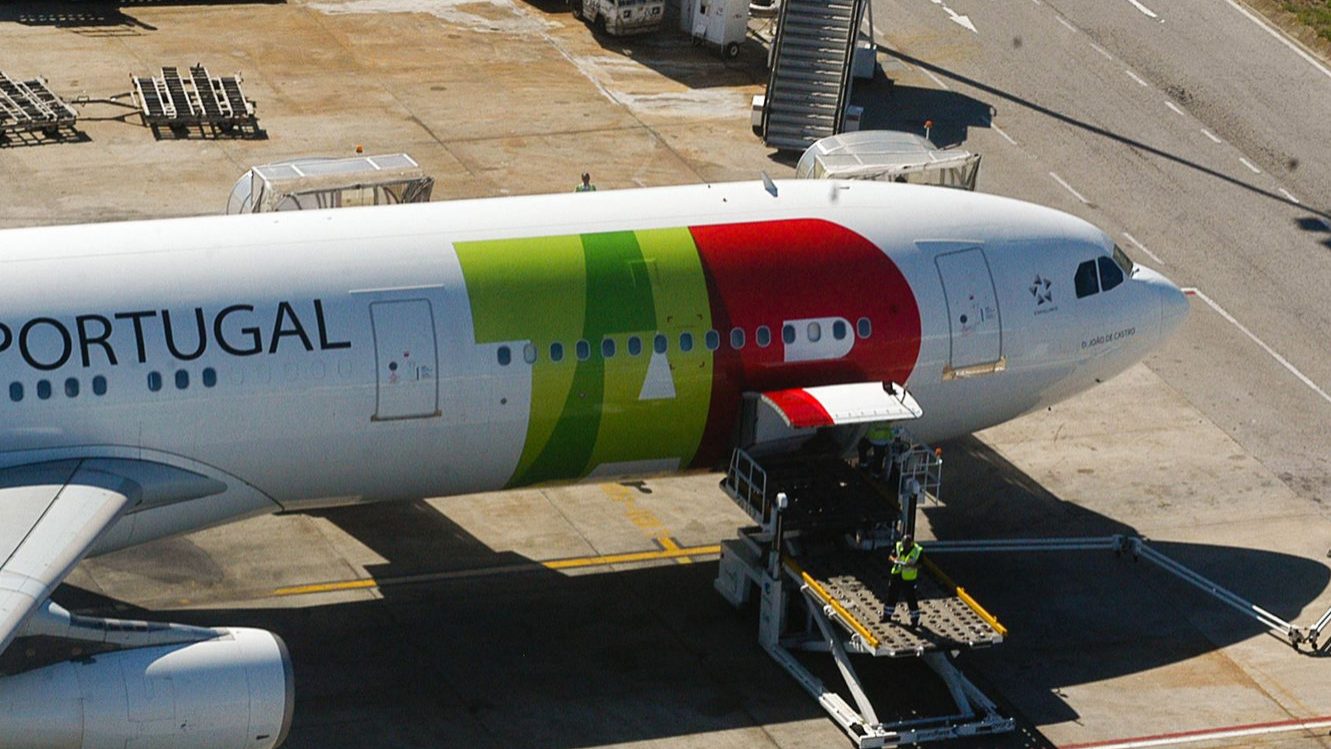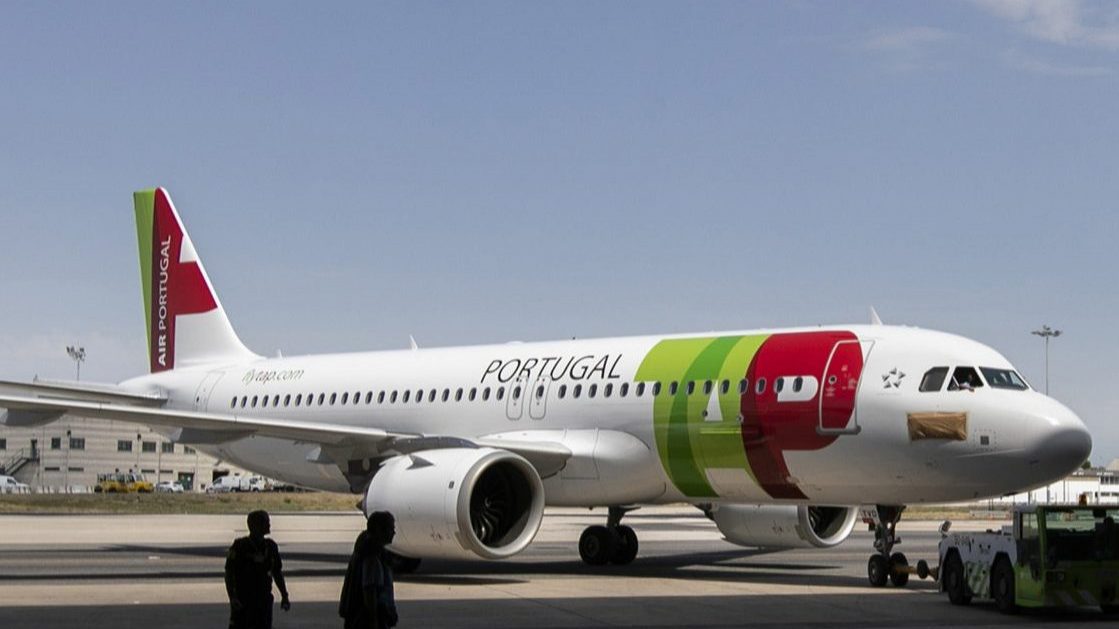TAP sees 9M losses swell to €701M as restructuring looms
The airline saw increased losses in the first nine months of the year, of €700.6 million compared with a loss of €110.8 million in the same period of 2019.
Portugal’s national airline, TAP, saw increased losses in the first nine months of the year, of €700.6 million compared with a loss of €110.8 million in the same period of 2019, the company reported to the market on Monday.
The information came in the form of a communiqué to the securities markets regulator, the CMVM, on the accounts of TAP S.A., the main operating company in the TAP group.
In the third quarter aloe, the company had a net loss of €118.7 million.
In terms of EBITDA (earnings before interest, taxes, depreciation and amortisation), in the first nine months of the year TAP lose €172.9 million, against a net profit of €388.7 million more than in the same period of 2019.
Operating profit for the first nine months of 2020 was €610.2 million, against a profit of €43.6 million ayear earlier.
“The third quarter of 2020 began as a recovery in demand, but this trend was reversed in mid-August following the new restrictions on mobility imposed in the various countries and destinations in which TAP operates,” reads the statement.
According to the company, “Forward bookings and load factor [total revenue passenger-kilometres divided by total available seatkilometres] in the first half of third quarter 2020 … were driven by leisure traffic in short-haul European routes and visiting friends & relatives (VFR) traffic in long-haul routes, which in turn contributed to keep the loads stable in that period as compared to 2Q20, but with over a ten-fold increase in capacity in relation to the previous second quarter.”
However, the recovery “was reversed by newly imposed travel restrictions and by the drop in demand associated with the rise in COVID-19 cases throughout Europe,” forcing TAP to “adjust its network and mitigate” the effect of these changes.
Figures from the third quarter indicators “suggest that deeper adjustments have yet to be captured to reduce the gap between the drop in operating revenues and costs, [although] significant progress has been made,” the company states.
It notes “significant progress” in the adjustments it is making, through “measures to protect its cash position, namely initiatives to convert fixed into variable costs, renegotiation of commercial agreements and respective payment schedules, suspension of non-essential capex, and non-renewal of fixed-term employee agreements.
“Payments associated with aircraft operating leases fell 43% compared to the same period last year, reflecting negotiations with lessors for deferred payments and rent reductions,” points out TAP, which expects savings of $175 million.
“Cash outflows associated with operating leases fell by 43% YoY, reflecting negotiations with lessors for payment deferrals and permanent lease reductions,” the statement goes on, predicting savings of $175 million (€146.4 million) on aircraft operating leases in 2020.
The company also calculates that in the first nine months of 2020, passengers numbers fell by 9.1 million or 70%, the supply (available seat kilometres or ASK) by 64% and the load factor by 12.5 percentage points, to 68.5%.
Operating costs in the first nine months were down 41% on the same period last year (to €1.4514 billion from €2.4464 billion), and in the third quarter were down 59% on the third quarter of 2019, to €377.8 million from €912.6 million.
TAP must present a restructuring plan to the European Union authorities by 10 December, as a condition of a €1.2-billion loan that it has received from the Portuguese state.
Pedro Nuno Santos, the minister who is overseeing the portfolio, announced in parliament on 4 November that “the first phase” of the plan had been drafted and that negotiations with trade unions would begin. He also said that TAP would need to use all of the state loan by the end of this year.
On 15 October, Santos told parliament that 1,600 workers would leave the TAP group by the end of the year, with 1,200 employees already on their way out.


